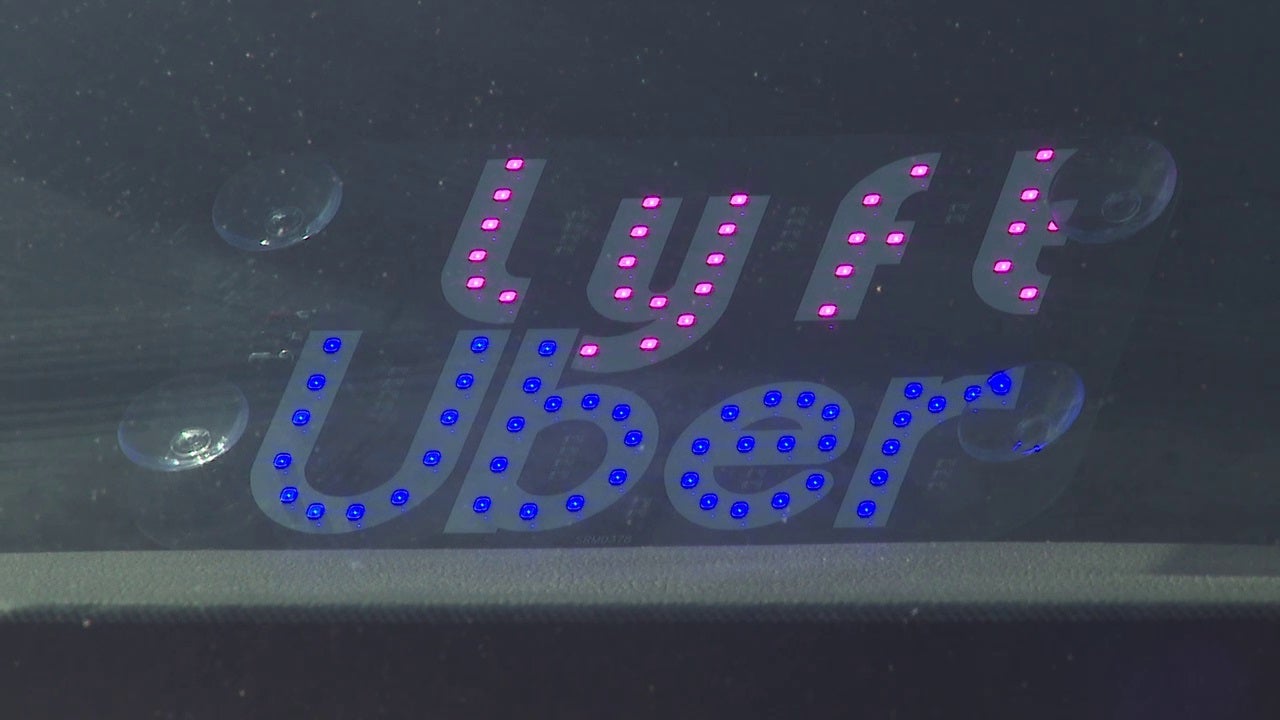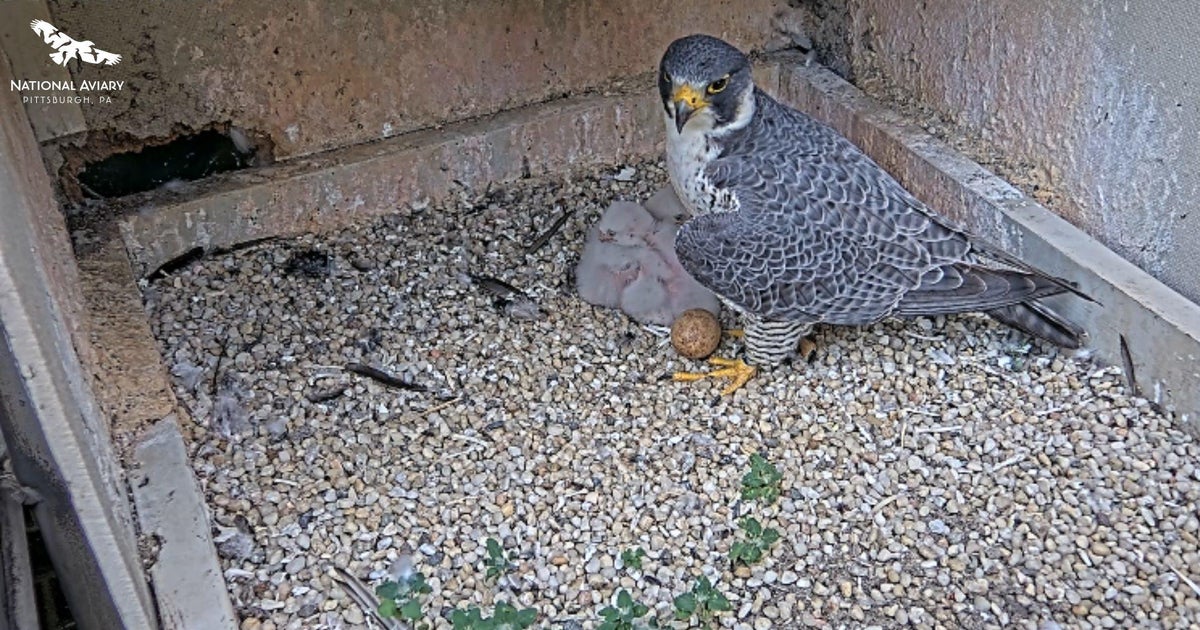Lifestyle
The Zendaya-led 'Challengers' is much more than a sexy tennis movie : Pop Culture Happy Hour


Lifestyle
'Wait Wait' for May 4, 2024: With Not My Job guest Lyndon Barrois

This week’s show was recorded at the Studebaker Theater in Chicago, with host Peter Sagal, judge and scorekeeper Bill Kurtis, Not My Job guest Lyndon Barrois Sr. and panelists River Butcher, Joyelle Nicole Johnson and Josh Gondelman. Click the audio link above to hear the whole show.

Who’s Bill This Time
High Times In the USA; The World’s Most Disappointing Masterpiece; Say Hello To My Little Friend
Panel Questions
A Wild Rodeo Roundup
Bluff The Listener
Our panelists read three stories about something named for the person who inspired it, only one of which is true.
Not My Job: We quiz miniature sculptor Lyndon Barrois Sr. on big sculptures
Lyndon Barrois is artist and Hollywood animator who’s found fame making beautifully detailed sculptures out of gum wrappers. He sculpts in miniature, but what does he know about GIANT sculptures?
Panel Questions
At Ease Everyone; The Governor’s Puppy Problem
Limericks
Bill Kurtis reads three news-related limericks: The Squishiest Furniture, The GOAT’s Scrawl; Laces for Loafers
Lightning Fill In The Blank
All the news we couldn’t fit anywhere else
Predictions
Our panelists predict what will be the next big story in the art world.
Lifestyle
My 17-year-old Honda, Broomhilda, met a tragic end. Why do we grieve when our cars die?

Our 17-year-old Honda CR-V (affectionately dubbed “Broomhilda”) met her tragic, premature demise last summer when a deer bolted out of neighboring woods, straight into her hood. My husband, who miraculously emerged unscathed, managed to drive it home and repair the dent. Unfortunately, unknown to us, radiator fluid slowly leaked into her engine until, months later, we pulled into our driveway to find our kids frantic as plumes of smoke rose out of her hood, every single alert on her dash alight like a Christmas tree. She was toast — and she smelled like it. Watching a tow truck pull her out of our driveway one last time, I felt an unexpected residue of sadness that lingered for longer than I expected.
I’m hardly the only person to grieve a little when my car dies. I’m also not the only person who felt compelled to give my car a name. George Slavich, director of UCLA’s Laboratory for Stress Assessment and Research, says we sometimes can’t help but attribute personality characteristics to the objects we love. “People tend to anthropomorphize certain objects like cars, even giving them names, because our brains are hard-wired to see personality even when it’s not possible to exist,” he says.
So why do we grieve our cars? If you live in L.A., your car isn’t just a means to get from A to B and back again — it’s a small mobile home. You spend so much time in your car that it becomes a transient residence where significant memories are made and milestones are met and, like our homes, we can get emotionally attached to the places where these things occur. For nearly two decades, Broomhilda was that mobile home for our family. We brought our now-teenage child home from the hospital in her. We used her to drop our oldest kid off at college. She carried us in sickness and health, on countless family road trips and terrifying jaunts to the emergency room. We stuffed her with furniture, balloons, cake, pets and more children than legally allowed to and from birthday parties. Her gray cloth backseat was covered with dog hair and a few remaining telltale stains of the regurgitated chocolate milk of a carsick toddler. As she was towed out of our driveway beyond sight, her scraps destined to resurrect other vehicles, I was confident she was dragged off to her metallic grave with a few errant Airpods, a good amount of loose change, and possibly a few baby teeth still lodged beyond reach in her cushions.
Even with the mounting malfunctions of age, Broomhilda housed myriad mementos and sparked zillions of mundane memories — the kind we make daily but take for granted. “Memories are inextricably linked to the context in which they are made, and for many people growing up in the United States, that context likely involved a memorable car or two,” Slavich explains. Because teenage brains are hot-wired (see what I did there?) to form social memories, important social experiences like a first date, first kiss or first joyride might link back to the car you drove or rode in at that time in your life. “When these types of life events occur, your brain encodes not just the circumstances of the event itself, but also the smells, tastes and contextual features of the environment. So, the cars in which our lives unfold become an inherent part of our personal story and history,” he says.
In a busy commuter city like Los Angeles, your car is one of the few places where you have complete control over your environment. Says Slavich: “Amongst all the hustle and bustle of the city, you can roll up the windows, set the temperature exactly how you like it, and play relaxing meditation music or, if you prefer, put on your favorite Jay-Z or Britney song and sing as loud as you want.” Also, whether you’re cognizant of it or not, your car is a space where you entertain. “Every time my friends came into my car they had an experience, whether it was through music or the adventure,” says Monica O’Neal, a Boston-based clinical psychologist and relationship expert.
Our cars also house various aspects of our interior and exterior lives. For one, they’re symbolic of our sense of self and autonomy. “Your car represents you,” says O’Neal. “In some ways, they hold such a sense of our identity, and some narrative of our life and our struggle.” On a surface level, for better or worse, you might be judged by the kind of car you drive, which is something of an L.A. epidemic. Says O’Neal: “Cars are kind of almost like your clothing. When people see you getting in and out of a car, you’re going to have an immediate sense of their identity.” She also says our cars are one of the few private spaces in our lives. “If you’re commuting, you’re spending a bunch of your life in your car. That might be the place where you have privacy, and time alone with your thoughts.” Losing a car might also mean losing a sacred space you might rely on to process your feelings.
The most important thing to know if you’re grieving for your car is you aren’t missing some random object — your car was a sacred space that served as a vessel for the memories you made in it. Any feelings of grief are perfectly normal, are common and, in due time, will pass. It’s been months since Broomhilda went to the scrap heap and I’m still car shopping. Naturally, I’ve been most attracted to CR-Vs. They won’t be Broomhilda, but I know they’ll fit us perfectly.
Lifestyle
'Jerrod Carmichael Reality Show' exploits pain for good : Pop Culture Happy Hour

-

 News1 week ago
News1 week agoBoth sides prepare as Florida's six-week abortion ban is set to take effect Wednesday
-

 Politics1 week ago
Politics1 week agoColumbia University’s policy-making senate votes for resolution calling to investigate school’s leadership
-

 Politics1 week ago
Politics1 week agoGOP Rep. Bill Posey won't seek re-election, endorses former Florida Senate President as replacement
-

 World1 week ago
World1 week agoBrussels, my love? MEPs check out of Strasbourg after 5 eventful years
-

 World1 week ago
World1 week agoRussian forces gained partial control of Donetsk's Ocheretyne town
-

 Politics1 week ago
Politics1 week agoHouse Republicans brace for spring legislative sprint with one less GOP vote
-

 World1 week ago
World1 week agoAt least four dead in US after dozens of tornadoes rip through Oklahoma
-

 Politics1 week ago
Politics1 week agoAnti-Trump DA's no-show at debate leaves challenger facing off against empty podium




.jpg)










